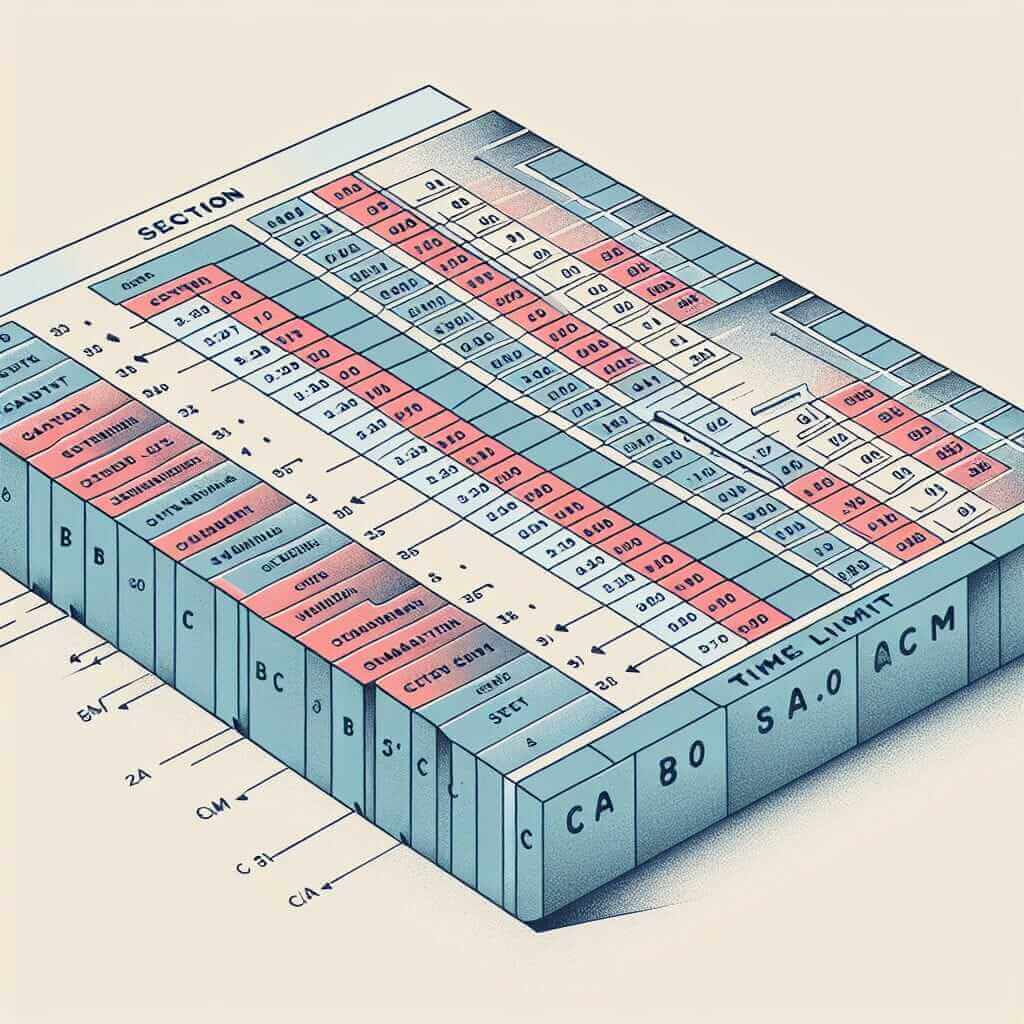Understanding the IELTS Exam Duration
As an IELTS instructor with over 20 years of experience, I understand that knowing the ins and outs of the IELTS exam, including its duration, is crucial for effective preparation. The IELTS exam, designed to assess English language proficiency for non-native speakers, comprises four sections: Listening, Reading, Writing, and Speaking. While the Speaking test is administered separately, many test-takers are curious about the total time commitment on their test day. Let’s delve into a detailed breakdown of the IELTS exam duration:
IELTS Exam Sections and Time Limits
Here’s a clear breakdown of each IELTS section and its time limit:
Listening:
- Duration: 30 minutes (plus 10 minutes for transferring answers)
- Format: 4 sections, each with 10 questions
Reading:
- Duration: 60 minutes
- Format: 3 sections, each with a total of 40 questions
Writing:
- Duration: 60 minutes
- Format: 2 tasks (Task 1 – 150 words minimum, Task 2 – 250 words minimum)
Speaking:
- Duration: 11-14 minutes
- Format: Face-to-face interview with an examiner (3 parts)
 IELTS Exam Sections and Time Limits
IELTS Exam Sections and Time Limits
Total IELTS Exam Time
Therefore, excluding the Speaking test, the IELTS exam takes 2 hours and 30 minutes to complete. Factoring in the Speaking test, which is often scheduled for a separate day, the entire IELTS examination process typically takes under 3 hours.
Managing Your Time Effectively during the IELTS
Time management is crucial for success in the IELTS exam. Here are some tips to help you manage your time effectively:
- Practice extensively: Familiarize yourself with the exam format and time limits by practicing with sample tests.
- Pace yourself: During the exam, allocate your time wisely for each section and question.
- Don’t get stuck: If you encounter a difficult question, move on and return to it if time permits.
- Review your answers: If possible, reserve a few minutes at the end of each section to review your answers.
Conclusion
Understanding the IELTS exam duration and its individual components is crucial for effective preparation. By familiarizing yourself with the format, time limits, and employing effective time management strategies, you can approach the IELTS exam with confidence and maximize your chances of achieving your desired score. Remember, practice and strategic time allocation are key to excelling in the IELTS exam.


